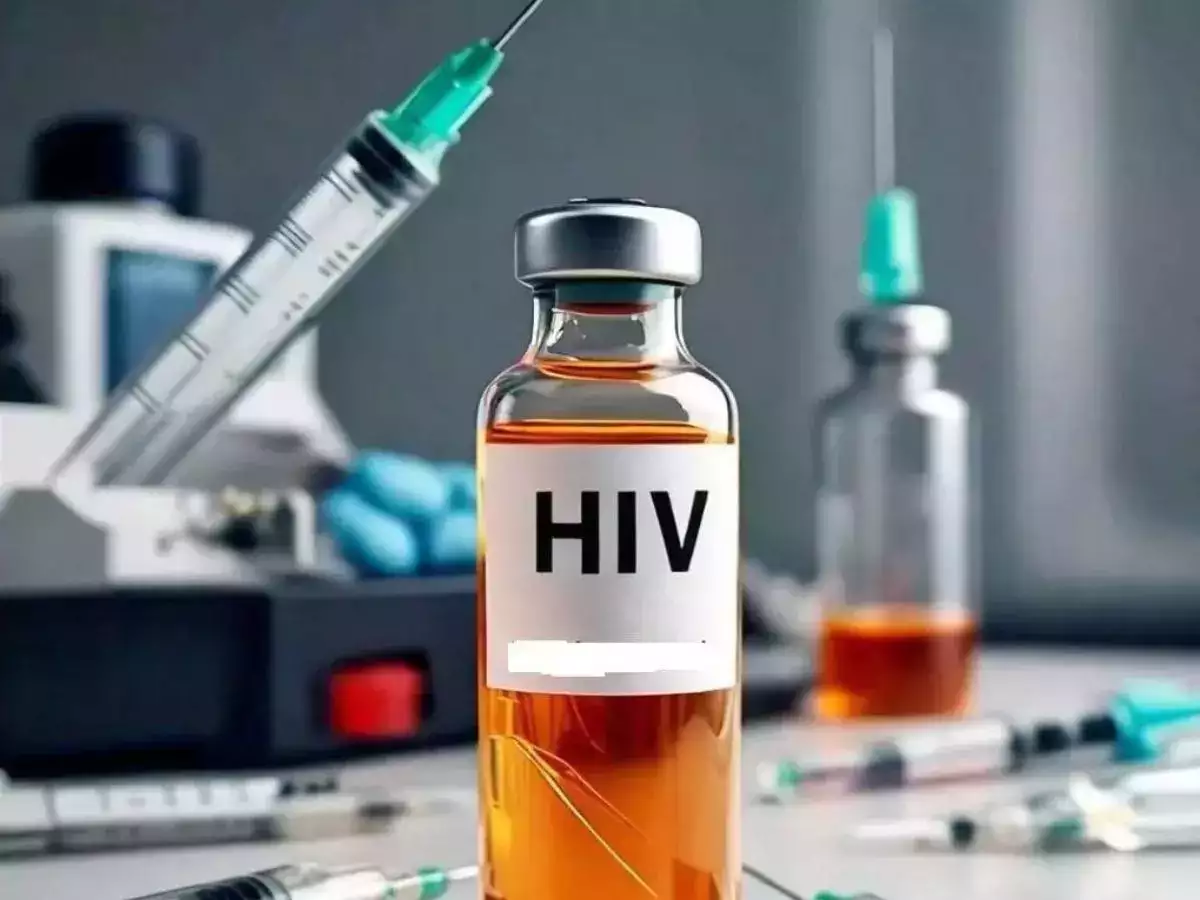21 October 2024 | Monday | News

Picture Courtesy | Public Domain
Gilead Sciences, Inc. (Nasdaq: GILD) and Merck (NYSE: MRK), known as MSD outside of the United States and Canada, announced new results from a Phase 2 clinical study evaluating the investigational combination of islatravir, an investigational nucleoside reverse transcriptase translocation inhibitor, and lenacapavir, a first-in-class HIV-1 capsid inhibitor. These late-breaking data were presented during an oral session at IDWeek 2024, taking place in Los Angeles, and virtually, from October 16-19.
At 48 weeks, the novel investigational combination maintained a high rate (n=49; 94.2%) of viral suppression (HIV-1 RNA <50 copies/mL) in virologically suppressed adults, a secondary endpoint of the study. Zero participants had a viral load of ≥50 copies/mL at Week 48. Week 24 results, including the study’s primary endpoint, were previously presented at the 31st Conference on Retroviruses and Opportunistic Infections (CROI).
“The future of HIV treatment is person-centered, with long-acting options tailored to help meet the needs and preferences of people affected by HIV,” said Jared Baeten, MD, PhD, Senior Vice President, Virology Therapeutic Area Head, Gilead Sciences. “There is no ‘one size fits all’ approach. The complexities of HIV care require putting people first in the development of biomedical innovations as we keep striving to offer options for all those living with HIV. These data presented at IDWeek demonstrate our commitment to continuous scientific discovery aimed at further transforming the HIV treatment landscape.”
In this open-label, active-controlled study (NCT05052996), virologically suppressed adults (n=104) on Biktarvy® (bictegravir 50 mg/emtricitabine 200 mg/tenofovir alafenamide 25 mg tablets, B/F/TAF) were randomly allocated in a 1:1 ratio to receive either oral islatravir 2 mg and lenacapavir 300 mg once a week (n=52) or to continue daily oral Biktarvy (n=52). The median age of participants was 40 years (20-76). Eighteen percent of participants were assigned female at birth, 50% were non-white, and 29% were Latine.
The proportion of individuals with HIV-1 RNA <50 c/mL at Week 48 by FDA snapshot algorithm (a secondary endpoint), showed that participants who switched to treatment with once-weekly islatravir and lenacapavir (ISL + LEN) or continued Biktarvy maintained comparable high rates of HIV suppression at Week 48 (94.2% v. 92.3%, respectively). No participants treated with either ISL + LEN or Biktarvy had a viral load of ≥ 50 copies/mL at Week 48 (another secondary endpoint).
Treatment-related-adverse events (TRAEs), as attributed by study investigator, were experienced by 19.2% of participants (n=10/52) in the ISL + LEN group and the most common were dry mouth (n=2/52; 3.8%) and nausea (n=2/52; 3.8%). TRAEs were reported by 5.8% of participants in the Biktarvy group (n=3/52). No grade 3 or 4 TRAEs related to the study drug were reported in either treatment group. Two participants (n=2/52; 3.8%) discontinued ISL + LEN due to adverse events unrelated to the drug. At Week 48 no significant differences were seen between treatment groups in mean change from baseline in CD4+ T-cell counts or absolute lymphocyte counts. No participants discontinued due to a decrease in CD4+ T-cell or lymphocyte counts.
“Daily single-tablet regimens have helped to transform HIV care but can be challenging for some people to maintain. Novel HIV treatment options that allow for less frequent oral dosing have the potential to help support adherence, and address stigma faced by some individuals taking daily oral therapy,” said Dr. Elizabeth Rhee, Vice President, Global Clinical Development, Merck Research Laboratories. “We are pleased to see these encouraging 48-week data for this once-weekly oral combination regimen and advance to phase 3 clinical trials in collaboration with Gilead.”
Along with these most recent study results, the potent antiviral activities, and pharmacokinetic profiles of islatravir and lenacapavir support their continued development as an investigational once-weekly oral combination regimen for use in people with HIV who are virologically suppressed. This investigational combination of weekly oral ISL 2 mg + LEN 300 mg is being further evaluated as a fixed-dose combination regimen in two Phase 3 studies (NCT06630286 and NCT06630299) in virologically suppressed people with HIV.
Islatravir in combination with lenacapavir is investigational and not approved anywhere globally. The safety and efficacy of the combination of islatravir and lenacapavir have not been established.
Lenacapavir is being studied in multiple ongoing early and late-stage development programs and has the potential to offer a diverse set of person-centric options for treatment that could uniquely fit into the lives of people with HIV. The use of lenacapavir for HIV treatment in virologically suppressed individuals is investigational and not approved anywhere globally.
© 2026 Biopharma Boardroom. All Rights Reserved.